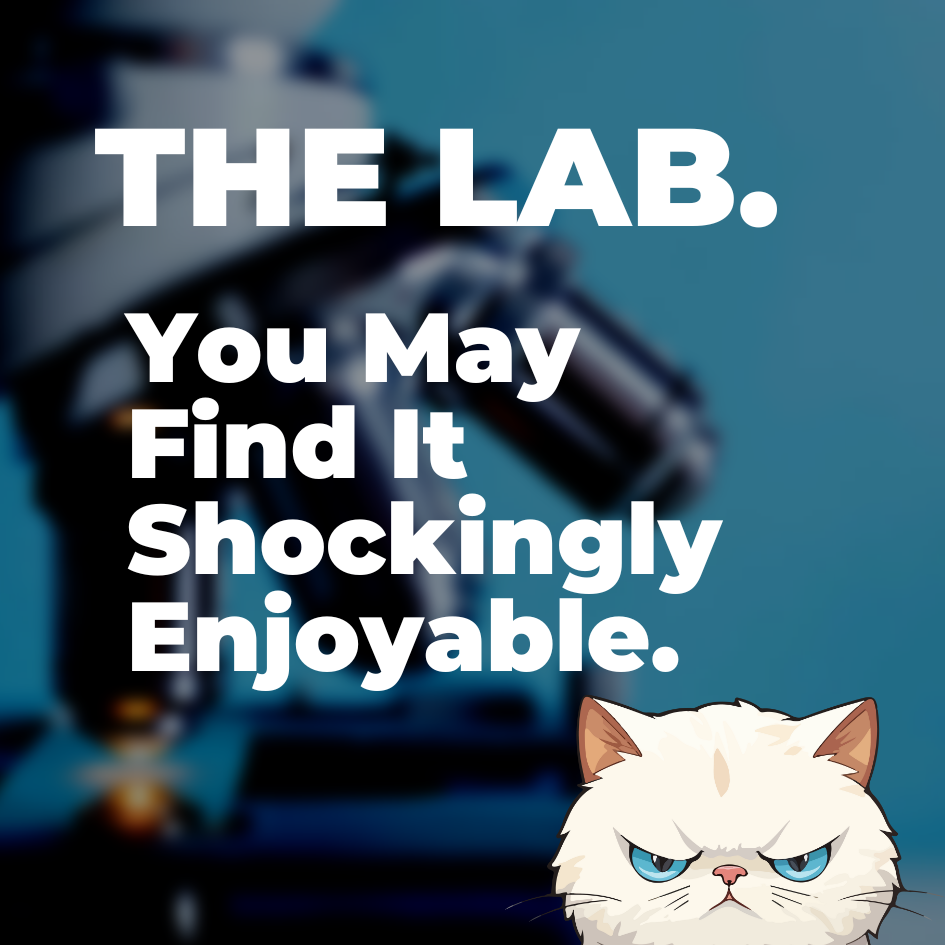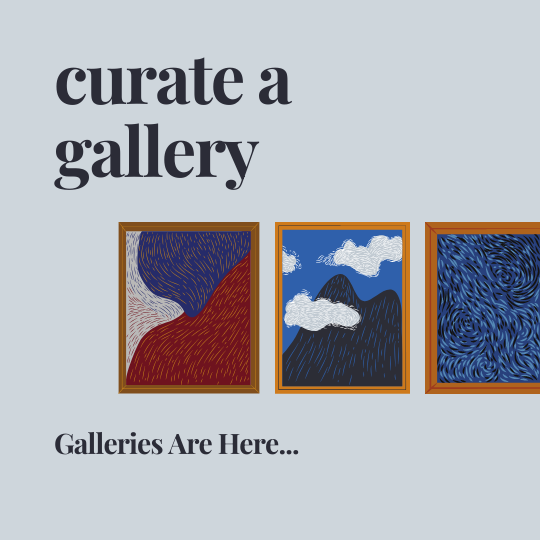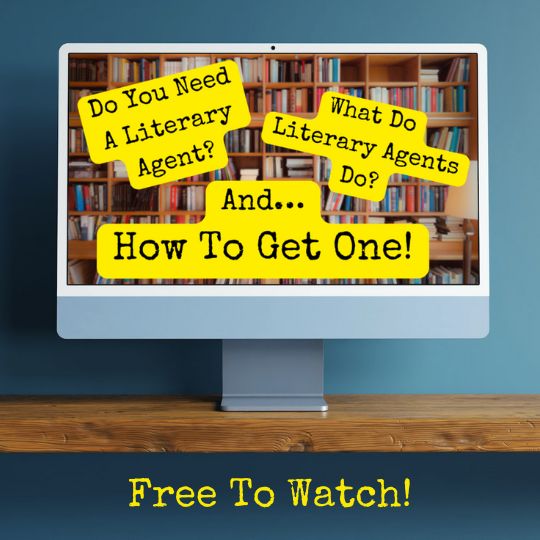I just loved that title.
Interesting interview and evidence there are places to sell stories even today.
Authors of Issue 146: Alex Sobel
New
47 minutes ago
Alex Sobel, author of "The Eight Things You'll Never Be Now That You're Slowly Turning Into a Giant Spider Creature", joined us for an interview.
Alex Sobel is a psychiatric nurse and writer (when he finds the time). His writing has appeared or is forthcoming in publications such as Clarkesworld, Electric Literature, Diabolical Plots, and The Dark. He lives in Toledo, OH with his wife.

~~~
Apex Magazine: What is the best (or worst) advice you received as a beginning writer? What do you wish you'd learned as a beginning writer?
Alex Sobel: I love the conversation about good and bad writing advice, since it's so specific to each writer. The advice that makes up one writer's Bible is another's creativity killer. So, for me, the worst piece of writing advice I've ever heard is anyone who claims that "all good writers" do... well, anything. Personally, I work best away from home, fully caffeinated, with a deadline. Restrictions such as word count and theme tend to push me into interesting places that I love to follow. When asked about advice, though, I tell other writers to read as much as possible, to be a sponge, to learn from good and bad books alike, to find creativity and beauty in both the classics of literature and a text your friend sent while drunk. I wish I would have told my younger self to not be afraid to chase the weirdest of impulses, to not worry too much if a story is pastiche or reads too much like something I'd just read. Everything is learning, everything is pushing forward. There are no wrong answers, so just keep writing and you'll figure it out soon enough.
AM: Tell us about a beloved book or short story and how it has influenced you.
AS: Whenever asked this question, I'll never not be able to talk about Kelly Link's Magic for Beginners, my favorite short story. It was a story that I remember reading and thinking that it felt like it was written for me, specifically, for my taste, for my sensibility. It made me feel like the strange ideas I had in my head had a place, had an audience, that it wasn't just me who wanted this kind of thing. It's also a story about stories, about fandom, about how one's love of magical worlds found in books and TV shows can inform our lives, can have real meaning. And the language of the story, where Link follows every thread, like she couldn't help herself, like there were all of these creative ideas inside her and she couldn't help but throw in the entire kitchen sink. I read Magic for Beginners every year, and it's amazing every time. As the story itself says, reading it makes my "brain catch on fire. It's magical."
AM: What does your creative process look like? Pantser or plotter, bursts of productivity or routine, morning or night, tea or coffee, etc?
AS: My stories usually come together through a synthesis of character and concept, often conceived separately. I'll have a character in mind, maybe a situation that challenges them and their beliefs. And then, separately, I'll have a science fiction or fantasy concept. The creativity is finding thematic connections between the two. I write music too, and I have the same approach. I'll have a verse and a chorus, written separately, and then I have to work to find a rhythm and a pre-chorus and a set of lyrics that unifies the disparate elements. Finding those connections, how ideas and people and concepts are alike and different, are often my favorite parts of my writing, since they're often hard to plan. They sometimes sneak up on me and can be surprising and beautiful.
Interesting interview and evidence there are places to sell stories even today.
Authors of Issue 146: Alex Sobel
New
47 minutes ago
Alex Sobel, author of "The Eight Things You'll Never Be Now That You're Slowly Turning Into a Giant Spider Creature", joined us for an interview.
Alex Sobel is a psychiatric nurse and writer (when he finds the time). His writing has appeared or is forthcoming in publications such as Clarkesworld, Electric Literature, Diabolical Plots, and The Dark. He lives in Toledo, OH with his wife.

~~~
Apex Magazine: What is the best (or worst) advice you received as a beginning writer? What do you wish you'd learned as a beginning writer?
Alex Sobel: I love the conversation about good and bad writing advice, since it's so specific to each writer. The advice that makes up one writer's Bible is another's creativity killer. So, for me, the worst piece of writing advice I've ever heard is anyone who claims that "all good writers" do... well, anything. Personally, I work best away from home, fully caffeinated, with a deadline. Restrictions such as word count and theme tend to push me into interesting places that I love to follow. When asked about advice, though, I tell other writers to read as much as possible, to be a sponge, to learn from good and bad books alike, to find creativity and beauty in both the classics of literature and a text your friend sent while drunk. I wish I would have told my younger self to not be afraid to chase the weirdest of impulses, to not worry too much if a story is pastiche or reads too much like something I'd just read. Everything is learning, everything is pushing forward. There are no wrong answers, so just keep writing and you'll figure it out soon enough.
AM: Tell us about a beloved book or short story and how it has influenced you.
AS: Whenever asked this question, I'll never not be able to talk about Kelly Link's Magic for Beginners, my favorite short story. It was a story that I remember reading and thinking that it felt like it was written for me, specifically, for my taste, for my sensibility. It made me feel like the strange ideas I had in my head had a place, had an audience, that it wasn't just me who wanted this kind of thing. It's also a story about stories, about fandom, about how one's love of magical worlds found in books and TV shows can inform our lives, can have real meaning. And the language of the story, where Link follows every thread, like she couldn't help herself, like there were all of these creative ideas inside her and she couldn't help but throw in the entire kitchen sink. I read Magic for Beginners every year, and it's amazing every time. As the story itself says, reading it makes my "brain catch on fire. It's magical."
AM: What does your creative process look like? Pantser or plotter, bursts of productivity or routine, morning or night, tea or coffee, etc?
AS: My stories usually come together through a synthesis of character and concept, often conceived separately. I'll have a character in mind, maybe a situation that challenges them and their beliefs. And then, separately, I'll have a science fiction or fantasy concept. The creativity is finding thematic connections between the two. I write music too, and I have the same approach. I'll have a verse and a chorus, written separately, and then I have to work to find a rhythm and a pre-chorus and a set of lyrics that unifies the disparate elements. Finding those connections, how ideas and people and concepts are alike and different, are often my favorite parts of my writing, since they're often hard to plan. They sometimes sneak up on me and can be surprising and beautiful.




